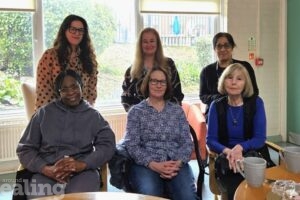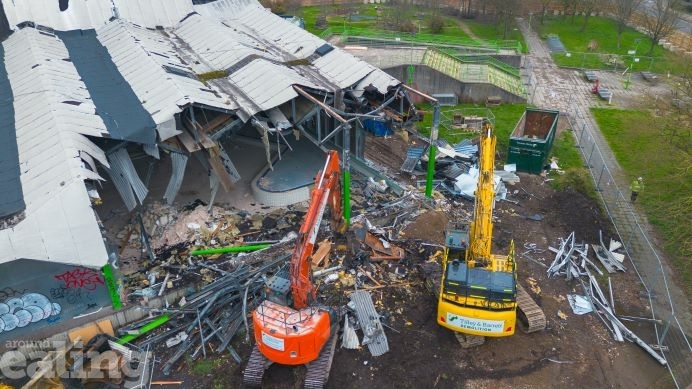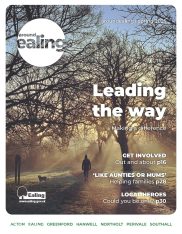More classrooms specifically designed for children with special educational needs and disabilities (SEND) have opened across the borough.
In autumn, a brand-new additional resource provision (ARP) opened its doors at Havelock Primary, Southall. The ARP is a self-contained facility with three carefully designed classrooms, bespoke outside areas, a calm room, sensory room, and large kitchen where children learn to cook.
ARPs are attached to mainstream primary and secondary schools. The classrooms at Havelock Primary cater for small groups of eight children from across the borough who have autistic spectrum disorder, speech language and communication needs and learning delay. Two of the ARP’s classrooms opened their doors to children in autumn and a third will open in September.
The ARP’s children come together each day for specialist teaching and targeted interventions. They are also part of the wider school community and get involved in activities like sports, music lessons, lunch times and assemblies.
This fantastic new facility is just one of the ways the council is keeping its promise to carry on helping local children and young people with additional needs get more out of school and prepare them for further education and training.
More than 60 new SEND school places have been created by Ealing Council since 2018, including the ones in Havelock Primary’s ARP, and more are in the pipeline. In fact, Ealing has more local places for children with additional needs as a proportion of their overall school population than the London or national average.
They are run by teachers and support staff who are trained to understand the needs of their children and their families, and who work to embed an inclusive, disability-confident culture across the school community.
An inclusive approach
Dr Clare Rees, executive headteacher at Havelock Primary, said: “It was very important when we were given the opportunity to open an ARP that we created an inclusive approach to our pupils.
“That’s quite difficult sometimes, especially when you’re not used to an ARP, you’ve got new children, new families, and new staff. But we kept that as our guiding principle, and we made sure that we could integrate the children in to as many mainstream activities, and into the mainstream classrooms, as much as possible. So that’s the golden thread that runs through everything that we do.
“The ambition is that they feel welcome, safe, included, and when they make that transition to a much busier mainstream secondary school, they can also cope with that.”
More SEND places
Councillor Kamaljit Kaur Nagpal, cabinet member for a fairer start, said: “In Ealing, we are ambitious for our SEND students, and I am proud of their successes. We want to see all our students do well and I’m delighted to say that more of our SEND students achieve the expected standard in Maths and English than the national average.
“We also place a big emphasis on developing the skills and independence they need to succeed. We want our children to leave primary school ready to meet the new challenges that secondary school brings. And, wherever possible, we want our students to grow into happy, confident and independent adults with the skills they need to earn their own money and make their own choices.
“For many children, that journey starts in places like Havelock Primary School, and council investment in wonderful facilities like these make all of the difference.”
More information about how the council supports children with special educational needs and disabilities, and their families, can be found online at www.ealingfamiliesdirectory.org.uk under ‘Local Offer’.






